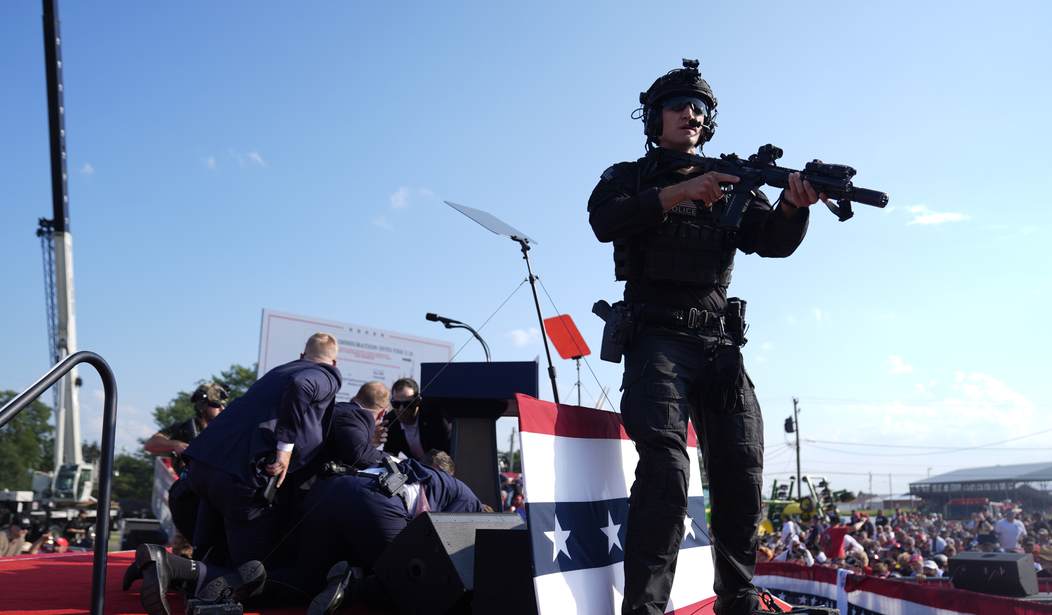We know how the Trump shooter got his gun.
Well, we know how he got a gun. It wasn't his. He took it, without permission, from his father. That's gun theft, but the media is skirting that little bit at every opportunity.
They figured it out due to tracing data. This isn't overly unusual. Lots of guns get traced while lots of others don't.
But this tracing effort involved something that we've been opposed to for quite some time.
You see, when a gun gets traced, the ATF works through a chain, finding out which distributor got the gun from the manufacturer, then finding out what gun store, and eventually finding the person who bought the gun.
The issue? This gun store closed.
Soon after a Secret Service sniper killed the man who attempted to assassinate Donald Trump, officers grabbed the AR-style weapon by the shooter’s body and started to record its make, model and any other details they could glean.
They were able to do so in about 30 minutes, federal law enforcement officials said in a statement. The search used sale records from an out-of-business gun store that the government is required to collect — but that Republican lawmakers and the gun lobby would like to place off-limits.
The attempted assassination of a former president and current White House contender gave the public a glimpse into “the time pressure that law enforcement, the ATF agents and our local police partners are under to solve these cases and advance the investigation,” said Steven Dettelbach, director of the Bureau of Alcohol, Tobacco, Firearms and Explosives. “Having the ability to search the records is absolutely a big part” of that work.
The federal government is prohibited from compiling a national database of gun owners. Those who oppose allowing the government to collect records from shuttered gun shops said they are equivalent to such a database, which they believe could be used to track and punish law-abiding gun owners, even though the records cannot be searched by a person’s name.
It can't be searched by a person's name as things currently stand, but let's remember that the ATF wants to digitize these records, making them more easily searchable. Once all of that information is stored in a database, it becomes a trivial matter to change the search parameters. If it's in the database, you can create a way to search by any stored data.
That's the issue.
Few really have a major issue with tracing guns used illegally. It's the possibility of abuse that introduces issues for most.
The fact that tracing worked here and now isn't the problem. Granted, I'm pretty sure they could have gotten the same information from the shooter's father when he approached him to talk about his son's actions, so it wasn't essential by any stretch of the imagination.
This is another part of the problem with the media and tracing. They routinely focus on the times it works but ignore the thousands of times they trace a gun to a buyer, only to find out that the buyer sold the gun ages earlier and they couldn't remember who they sold it to, or it was stolen or something else that pulled it from his or her possession.
In this case, the issue is less than the ATF has these records--it's a problem, don't get me wrong--and more that the ATF has shown itself to be thoroughly untrustworthy in a general sense. And if they're angling for something, it's our duty as Americans to be suspicious, particularly when they've shown how little regard they have for our Second Amendment rights in the first place.







Join the conversation as a VIP Member